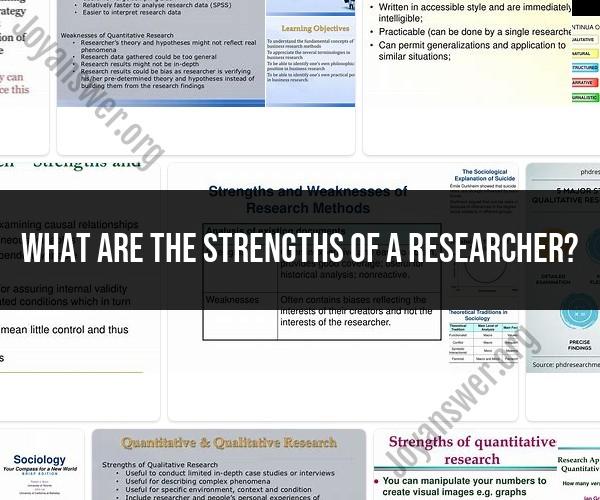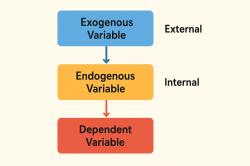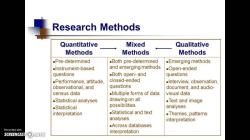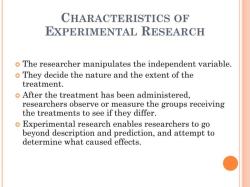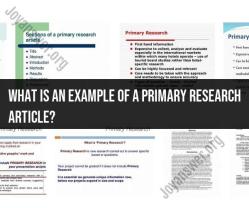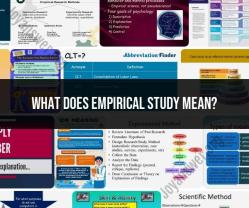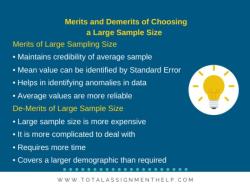What are the strengths of a researcher?
Effective researchers possess a combination of skills, attributes, and qualities that enable them to excel in their work. Here are some key strengths and attributes of a researcher:
Curiosity: Researchers are naturally curious and driven by a desire to explore and discover new knowledge. They ask questions, seek answers, and are intrigued by the unknown.
Critical Thinking: Critical thinking skills allow researchers to evaluate information, data, and evidence critically. They can assess the validity, reliability, and relevance of sources and findings.
Analytical Skills: Researchers are skilled in analyzing complex problems, breaking them down into manageable components, and developing logical solutions or interpretations.
Attention to Detail: The ability to pay close attention to detail is crucial in research. Researchers meticulously collect, record, and analyze data, minimizing errors and inaccuracies.
Problem-Solving: Researchers are adept problem solvers. They can identify research gaps, formulate research questions, and design experiments or studies to address those questions.
Data Collection and Analysis: Proficiency in data collection and analysis methods, including statistical analysis, is vital for researchers to draw meaningful conclusions from their research.
Communication Skills: Effective researchers can communicate their findings clearly and persuasively, both in writing (research papers, reports) and orally (presentations, discussions).
Adaptability: Research often involves unexpected challenges and changes. Researchers must adapt to new circumstances, revise research plans, and remain resilient in the face of setbacks.
Organization: Researchers are organized individuals who can manage large amounts of information, data, and research materials efficiently.
Ethical Integrity: Ethical conduct is paramount in research. Researchers adhere to ethical guidelines and maintain the highest standards of integrity in their work.
Collaboration: Many research projects involve collaboration with other researchers, institutions, or disciplines. Effective researchers can work well in teams and leverage collective expertise.
Time Management: Researchers must manage their time effectively to meet project deadlines, conduct experiments, and analyze data efficiently.
Resourcefulness: Researchers often need to find creative solutions to research challenges, locate relevant literature, and secure funding or resources for their projects.
Persistence: Research can be a long and sometimes arduous process. Persistence and determination are key to overcoming obstacles and completing projects successfully.
Open-Mindedness: Effective researchers are open to new ideas, different perspectives, and constructive criticism. They continuously seek to expand their knowledge and understanding.
Interdisciplinary Knowledge: Depending on the field, interdisciplinary knowledge can be valuable, allowing researchers to draw insights from multiple disciplines to address complex problems.
Meticulous Record-Keeping: Researchers maintain thorough records of their work, including experimental procedures, results, and any deviations from the plan.
Publishing and Dissemination: Researchers are committed to sharing their findings with the broader scientific community through publication in journals, presentations at conferences, and other dissemination methods.
It's important to note that different research fields and projects may require varying combinations of these strengths, and researchers often develop and refine these qualities throughout their careers. Additionally, personal qualities, such as passion for the subject matter and a dedication to the research process, play a significant role in a researcher's success.
